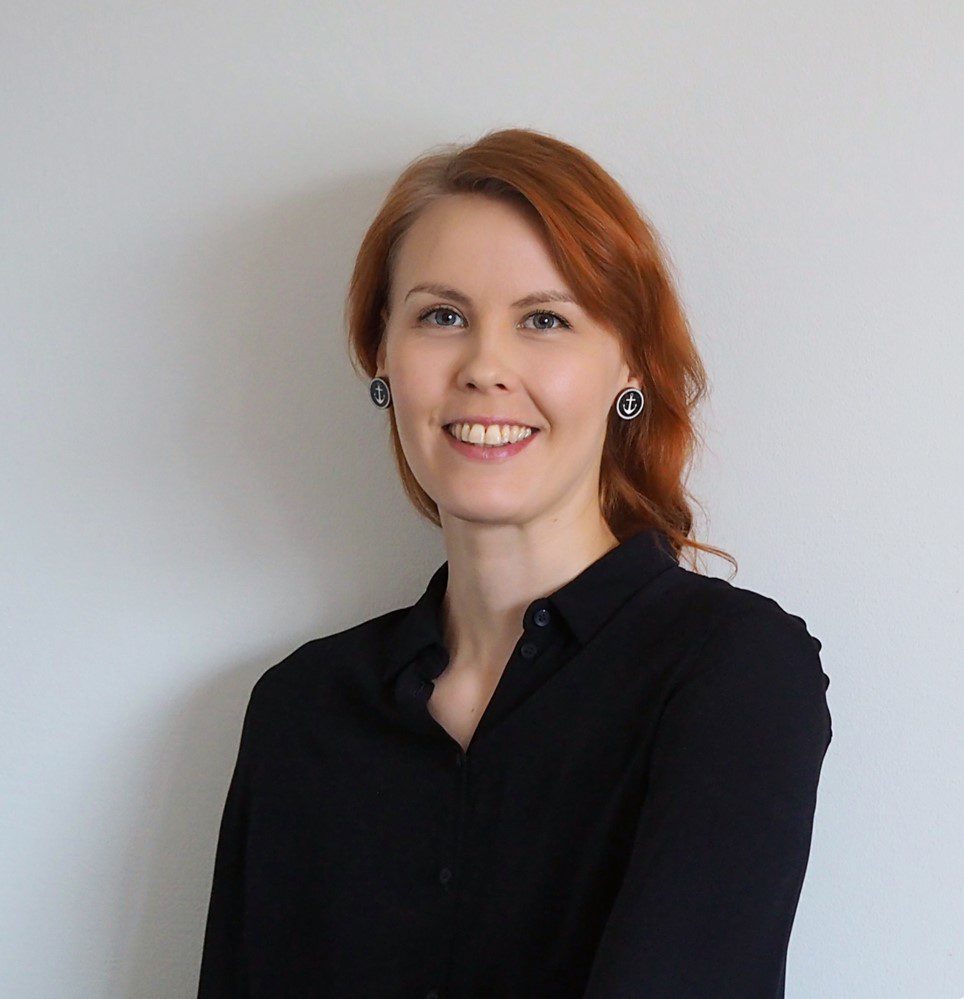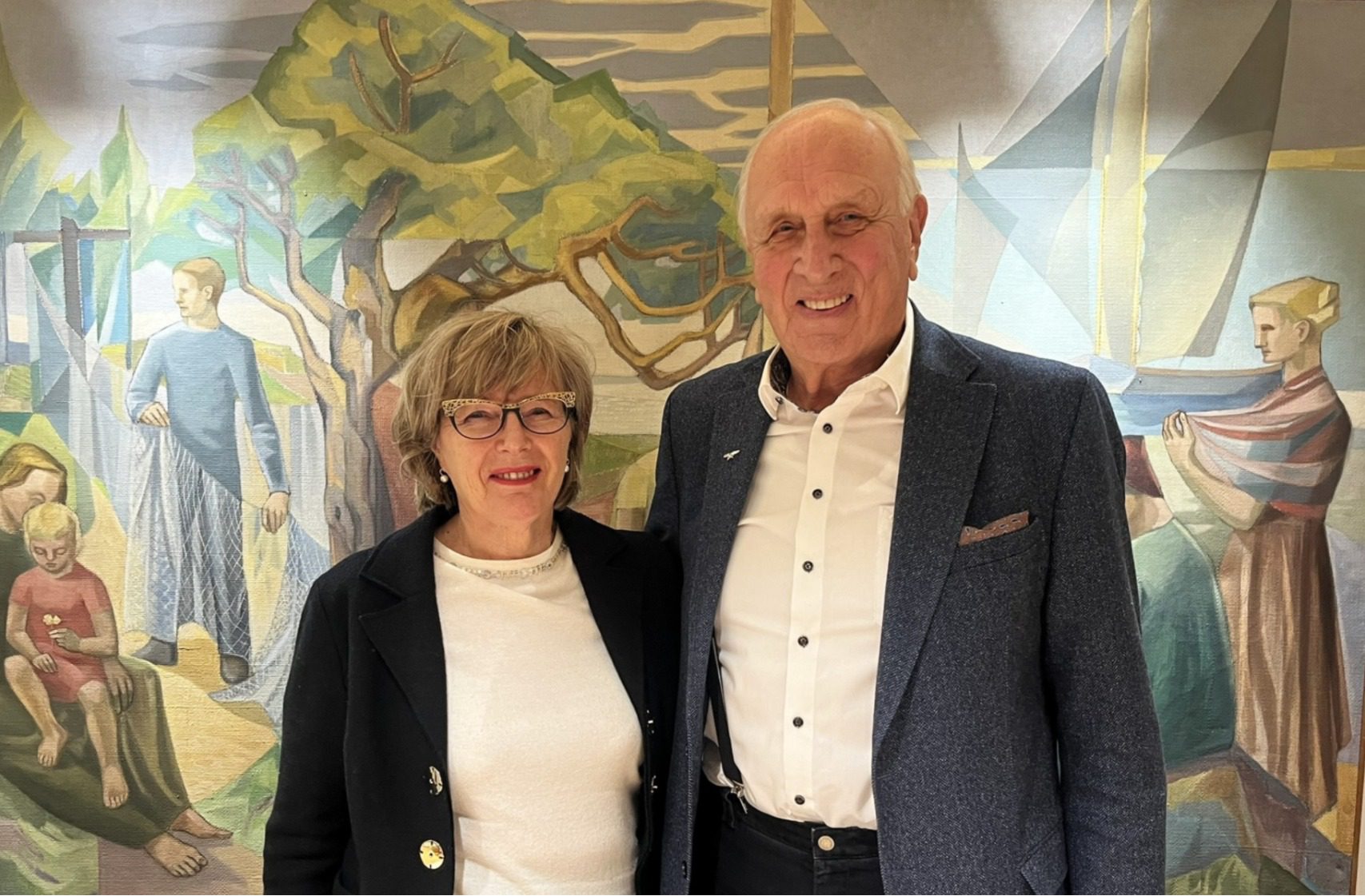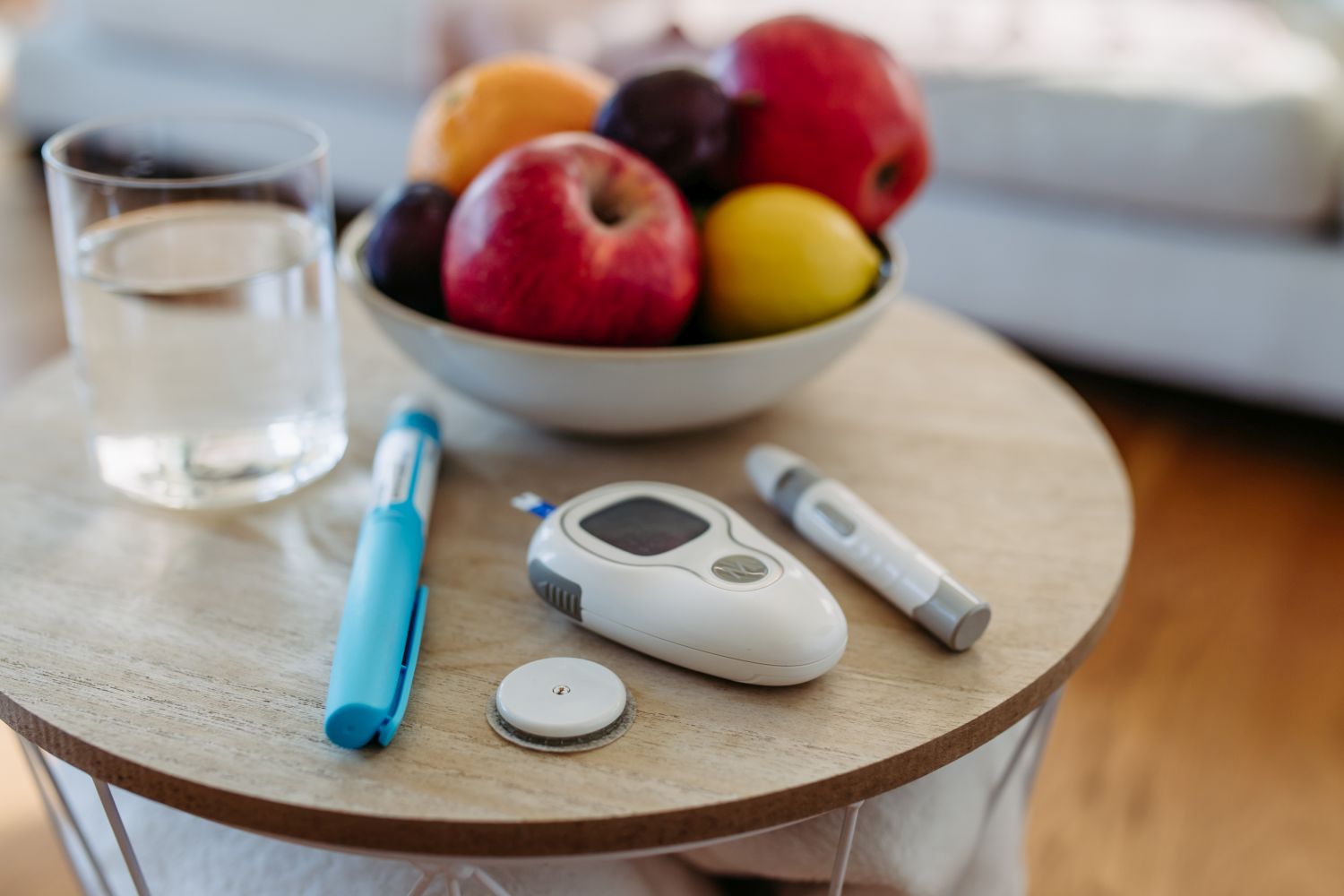“We in Finland have made shockingly low investments in caring for older adults. We are leaving older generations behind as we tear down our care services for older adults and make our care criteria increasingly stringent,” says Noora Narsakka, MSc (Public Health), who, in her doctoral dissertation on nursing, examines how physical activity and mobility could be increased in 24-hour care for older adults, which would benefit both care recipients and the national economy.
After completing her nursing degree, Noora Narsakka MSc (Public Health), age 36, completed a master’s degree as part of an international degree programme in Esbjerg, Denmark. Before her master’s degree, Narsakka worked in home care and 24-hour care for older adults.
I’m currently working full-time on my doctoral dissertation at the Department of Nursing Science at the University of Turku. My research focuses on the promotion of physical activity and mobility in older people with the help of environmental factors in 24-hour care. I’m conducting my work in the form of participatory research, i.e. I want to seek and implement solutions that help promote physical activity together with older people and their families and nursing staff. I feel that a participatory research approach is important because I know that the expertise and experiences of various stakeholders have not been sufficiently utilised in the development of these activities. Naturally, I want to carry out my research with older people whose lives are directly related to the topic at hand. Participatory research also provides staff with an opportunity to develop how both they and their organisations operate.
My doctoral thesis supervisors are Professor (acting) Minna Stolt and Professor Riitta Suhonen from the Department of Nursing Science. I also have an international mentor, Barbara Groot from Vrije Universiteit Amsterdam in the Netherlands, who has expertise especially in participatory research with older adults. Receiving support and guidance from more experienced researchers is essential, although the dissertation process itself is very independent work. My research has also involved a few students and a hired research assistant who assisted me in my field work and in other areas.
The latest subproject in my doctoral dissertation was an action research project that aimed for permanent changes in the subject under study: increasing physical activity among older people in 24-hour care and studying this change process. The study would not have been possible without the participation of my other co-researchers, namely nursing staff, older adults, and their families.

Some older adults require 24-hour care in the last years of their lives.
This type of care is typically carried out in closed units, where everyday life is unfortunately often passive and unstimulating. However, older residents should be encouraged to live in the most active and stimulating way that they can, according to their functional capacity. This is important for the well-being of each individual, but also society at large, due to e.g. the cost of care. Not remaining mobile and active will only weaken a person’s functional capacity and increase their need for care.
We can use environments to promote solutions that encourage activity, even at very low costs, which, so far, has not been taken into account in most care units. For example, their physical environments could include more activating and stimulating elements, in addition to accessibility-related considerations. Of course, physical environmental factors are not solely enough to promote physical activity in 24-hour care, as the majority of people living in 24-hour care facilities require physical support or guidance to move about. In addition to studying how staff work with the older adults, we must also examine the policies, values, and norms of their organisations.
The work of a doctoral researcher varies depending on the stage of their research and the schedules of other tasks related to their work.
During my action research phase, I spent most of the year in the field, i.e. in the 24-hour care unit that participated in my research. Occasionally, I teach undergraduates at the Department of Nursing Science. However, I spend the majority of my working time alone in front of my computer, mostly remotely. My work also entails meetings and other gatherings, as well as supervising undergraduate students remotely or on-site at the Department of Nursing Science.
I‘ve completed four subprojects as part of my dissertation, and I’m currently writing my summary. I’m set to defend my dissertation in 2025. The reputation of care services for older adults is much worse than it should be, as the media discourse surrounding the topic has remained largely negative. Working with older adults is rewarding and fulfilling, and the field is full of competent professionals. I hope that my work as a researcher will help improve the care received by the older adults, as well as the motivation and enthusiasm of professionals.
The funding I received from the TYKS Foundation (EUR 3,000) played a significant role in my action research. It allowed us to add stimulating elements to the environment, and it also covered part of the data collection costs, such as the rental fees for activity measuring equipment. Without the TYKS Foundation’s funding, I would never have been able to implement my project.



